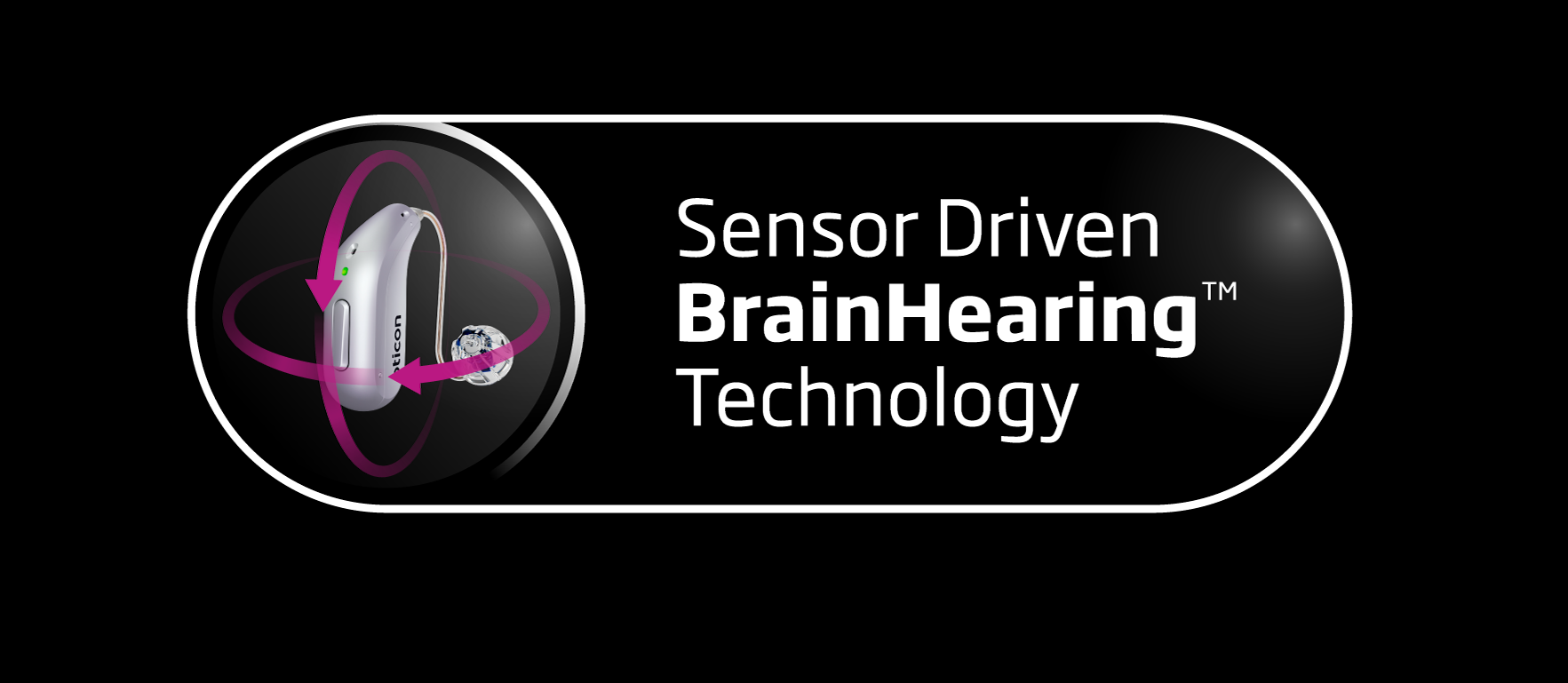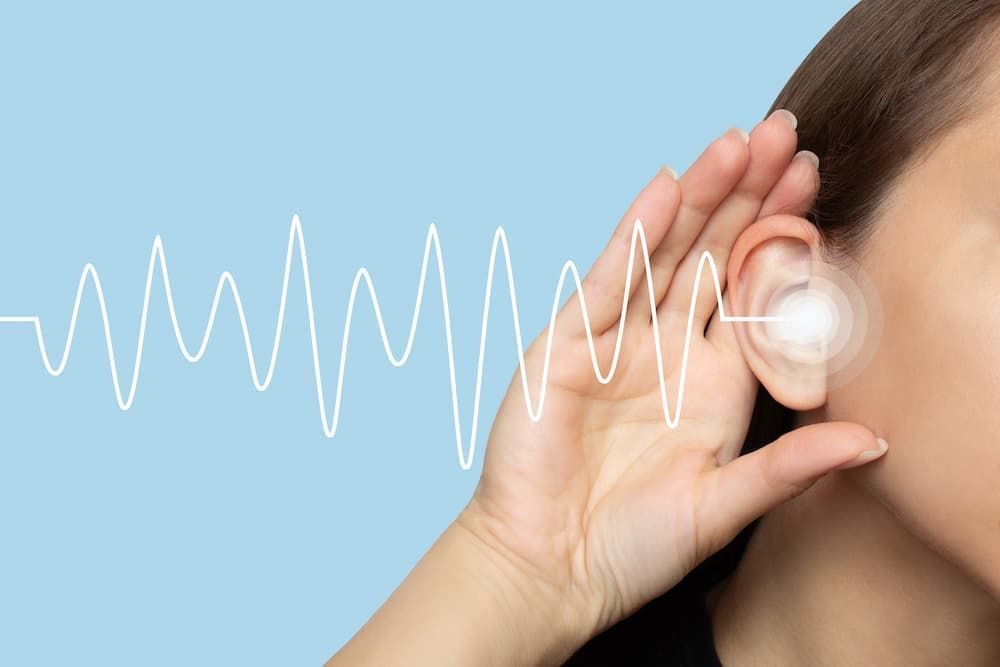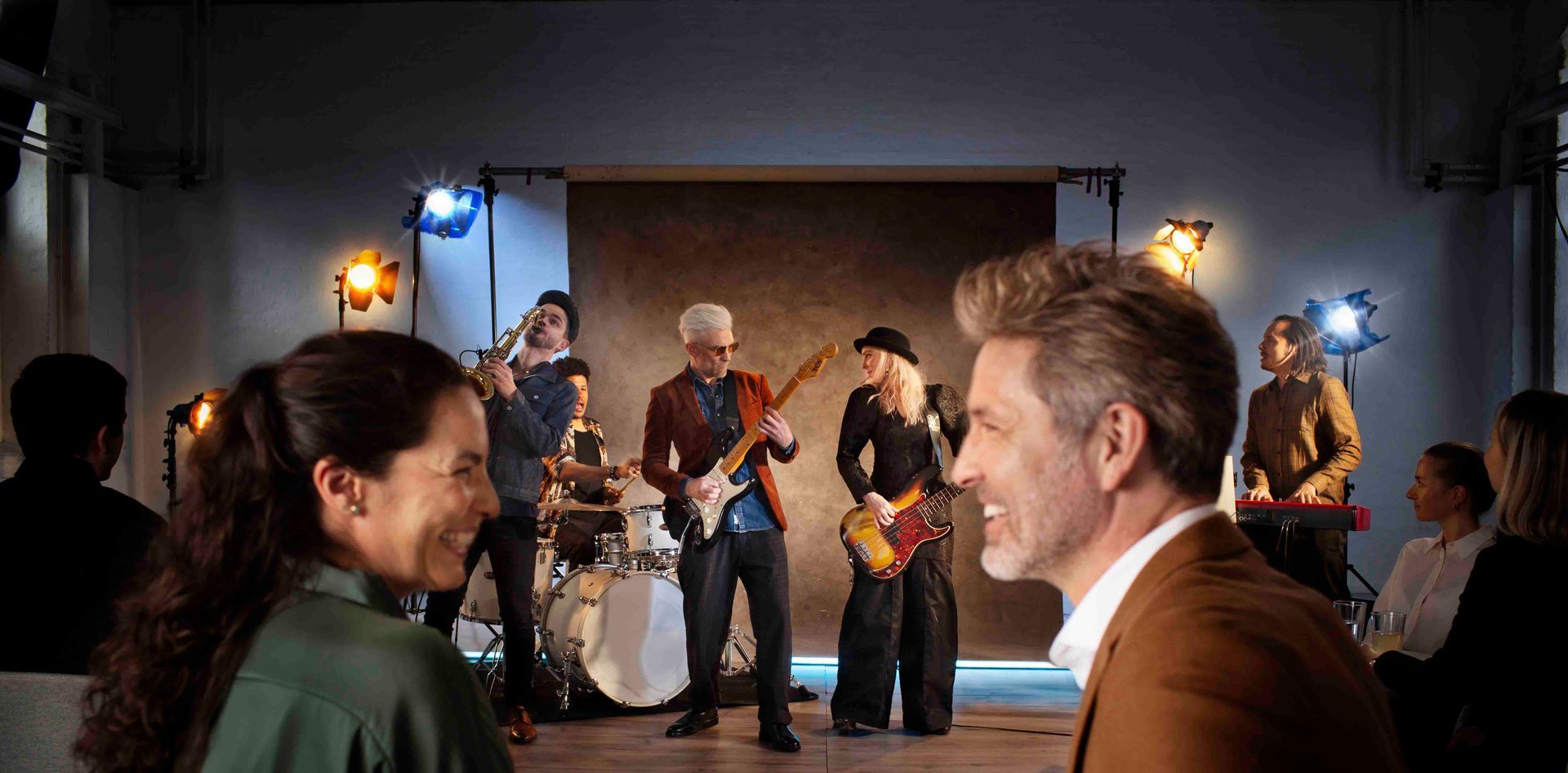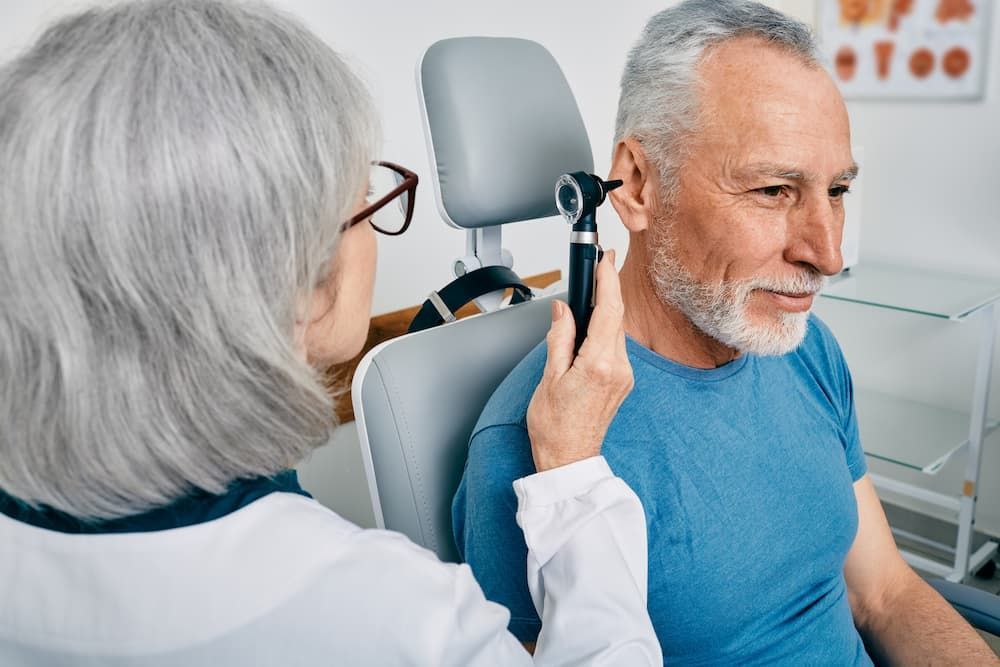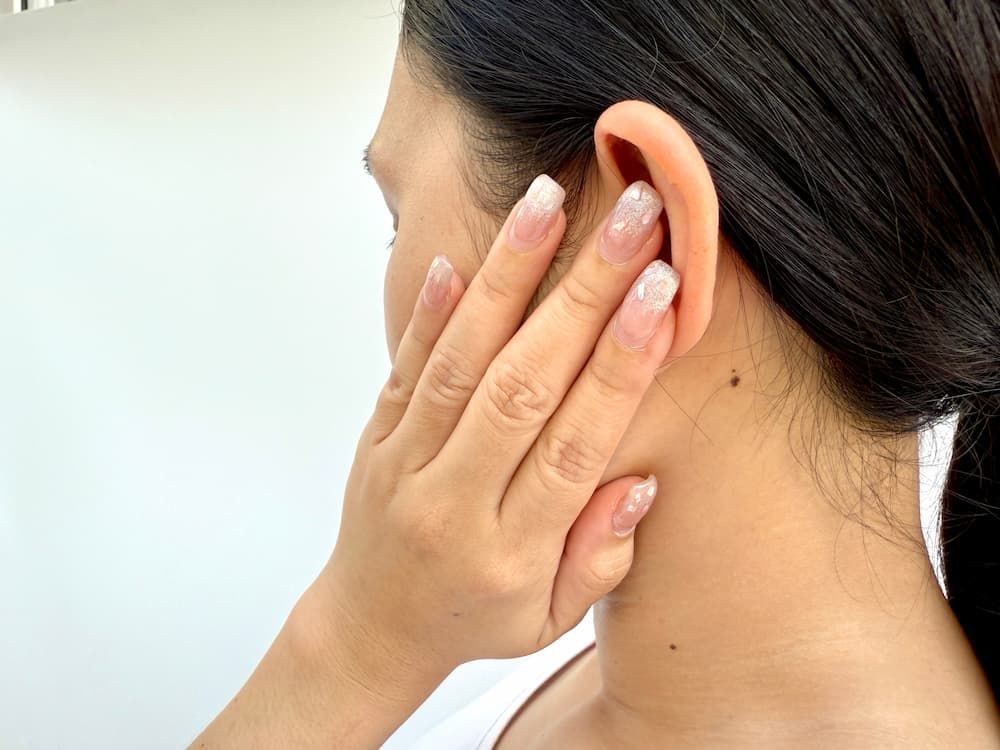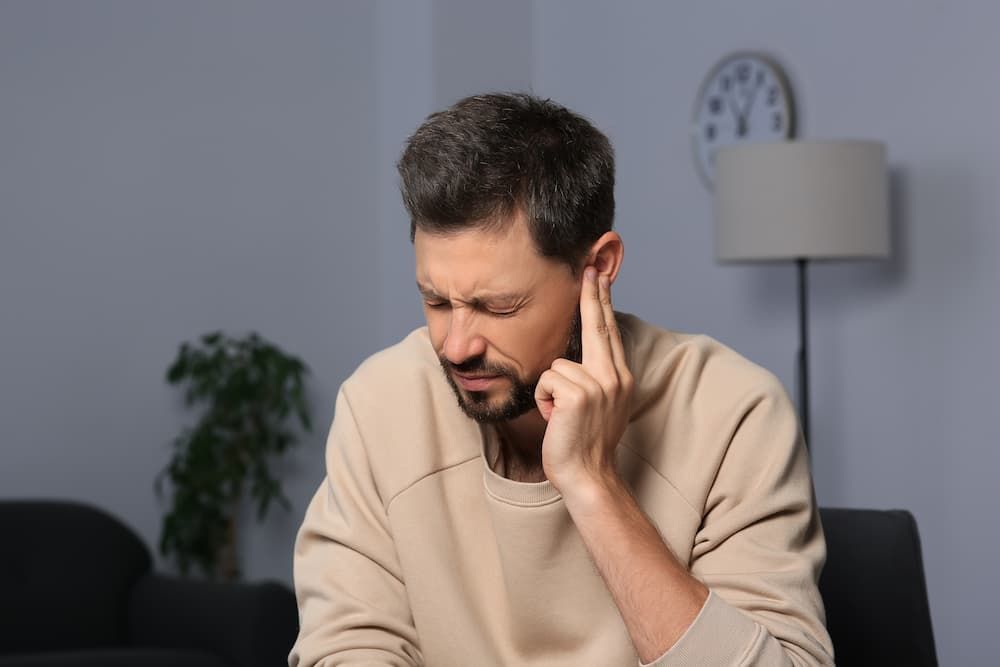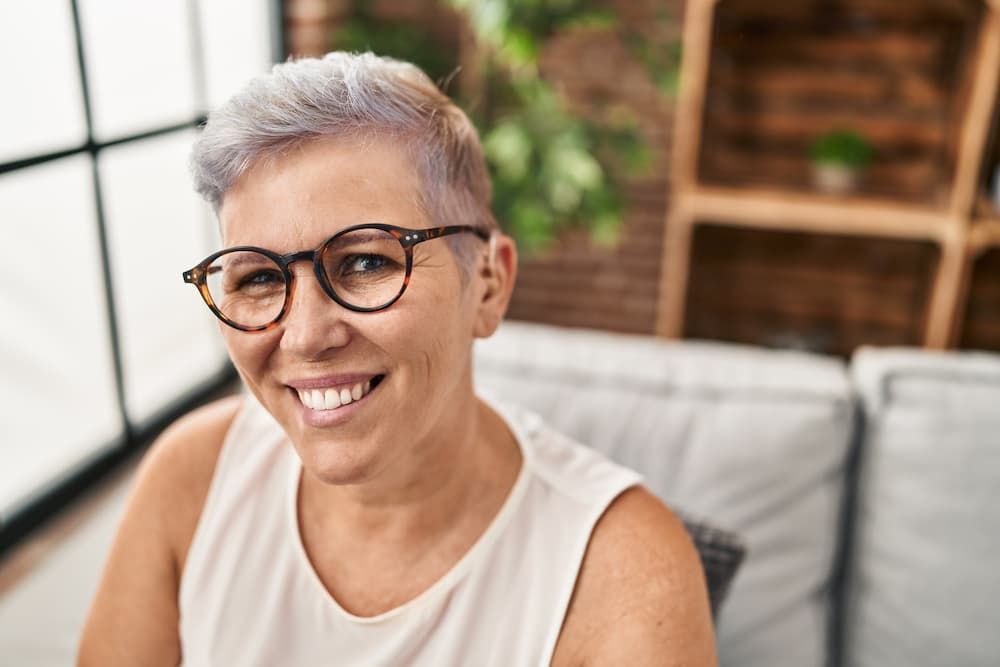The Importance Of World Hearing Day

The Importance Of World Hearing Day
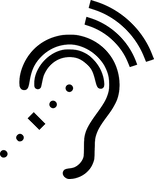 World Hearing Day Puts A Spotlight On The Toll Of Untreated And Unidentified Hearing Loss
World Hearing Day Puts A Spotlight On The Toll Of Untreated And Unidentified Hearing Loss
Following in the footsteps of the international call from the WHO (World Health Organization) this World Hearing Day, the ASHA (American Speech-Language-Hearing Association) encourages all Americans to have their hearing tested.
With the WHO's observance on March the 3rd every year, World Hearing Day draws attention to how important it is for early identification along with intervention to combat hearing loss as their focus for 2019.
Failing to get the necessary treatments often results in millions of individuals living a poorer “quality of life”. The WHO has projected that close to 630 million people around the world will experience hearing loss that is disabling by the year 2030 unless these people start taking action when it comes to the health of their hearing. By the year 2050, this number might elevate to over 900 million. In addition to this, hearing loss that goes unaddressed is linked with significant costs. At this stage the WHO has said, that hearing loss that has gone untreated imposes a global annual cost of around $750 billion.
Factors linked to hearing loss that goes unaddressed varies. The majority of people that suffer from severe hearing loss come from the low and the middle-income countries, where they typically lack the access to the required interventions and services.
However, in the US, hearing loss is still a very common type of chronic health condition.
The thing that stands out the most in the United States, is a dire need for treatment and identification of hearing loss that occurs in adults, states Shari Robertson, Ph.D., CCC-SLP, 2019 ASHA President. She goes on to say that many of the adults in the US fail to seek the necessary treatments for loss of hearing, which is often caused from a perception that loss of hearing is just an annoyance opposed to an actual medical condition that is serious. Many are not aware that this condition usually affects the overall health of the person, their career success, job, mental health, social life, personal relationships, and their overall quality-of-life.
Adults in the US that are aged 70 or older that suffer from some degree of hearing loss that may benefit from a hearing aid, less than 1 in 3 (30%) have ever used these aids, states the NIDOCD (National Institute on Deafness and Other Communication Disorders). And the adults between the ages of 20 to 69, only 16% of these people that can benefit from using hearing aids have used them.
The ASHA states that the public should be asking questions about the current state of their hearing, and individuals should Self-Test for Hearing Loss with these questions:
Do I Need To Have My Hearing Tested?
You should definitely see an audiologist when you answer “yes” to 2 or more of these questions:
- Do you find it difficult to hear what someone is saying over the phone?
- Is your hearing clearer in one ear rather than your other when you speak to people over the phone?
- Do you find it difficult to understand what people are saying when 2 or more people talk together?
- Do others complain that the volume is too high on the TV?
- Do you find yourself straining to either understand or hear what someone is saying to you?
- Do you find it difficult to hear when you are in places that are noisy?
- Do you find it hard to hear when you visit a restaurant?
- Do you experience ringing, pain, or dizziness in one or both ears?
- Do find that you often have to ask people to repeat themselves?
- Do coworkers, friends, or family members say that you are unable to hear what they are saying to you?
- Do most of the people that you talk to sound like they are not speaking clearly or they are mumbling?
- Do you find it hard to understand children and women?
- Are people becoming annoyed with you because you are unable to understand or hear what they are saying to you?
Any person who answered yes, and/or is concerned should go for a test with an audiologist that is certified. Thankfully, we here at The Tinnitus & Hearing Center of Arizona are licensed Audiologists who specialize in all hearing conditions for all ages. We're a Phoenix audiologist clinic that sees patients for hearing loss, hearing issues like tinnitus, misophonia, hyperacusis.
And we also consult, fit, and fine tune several major brands of affordable hearing aids, so if hearing loss is a concern, know that we're in your corner. Give us a call at (480) 831-6159 or use our online scheduler.
The information provided in this article is not meant to be medical advice and is for educational purposes only. If you would like to learn more about this and other hearing-related topics, feel free to contact Tinnitus & Hearing Center of Arizona by clicking here or by calling 480-831-6159.

